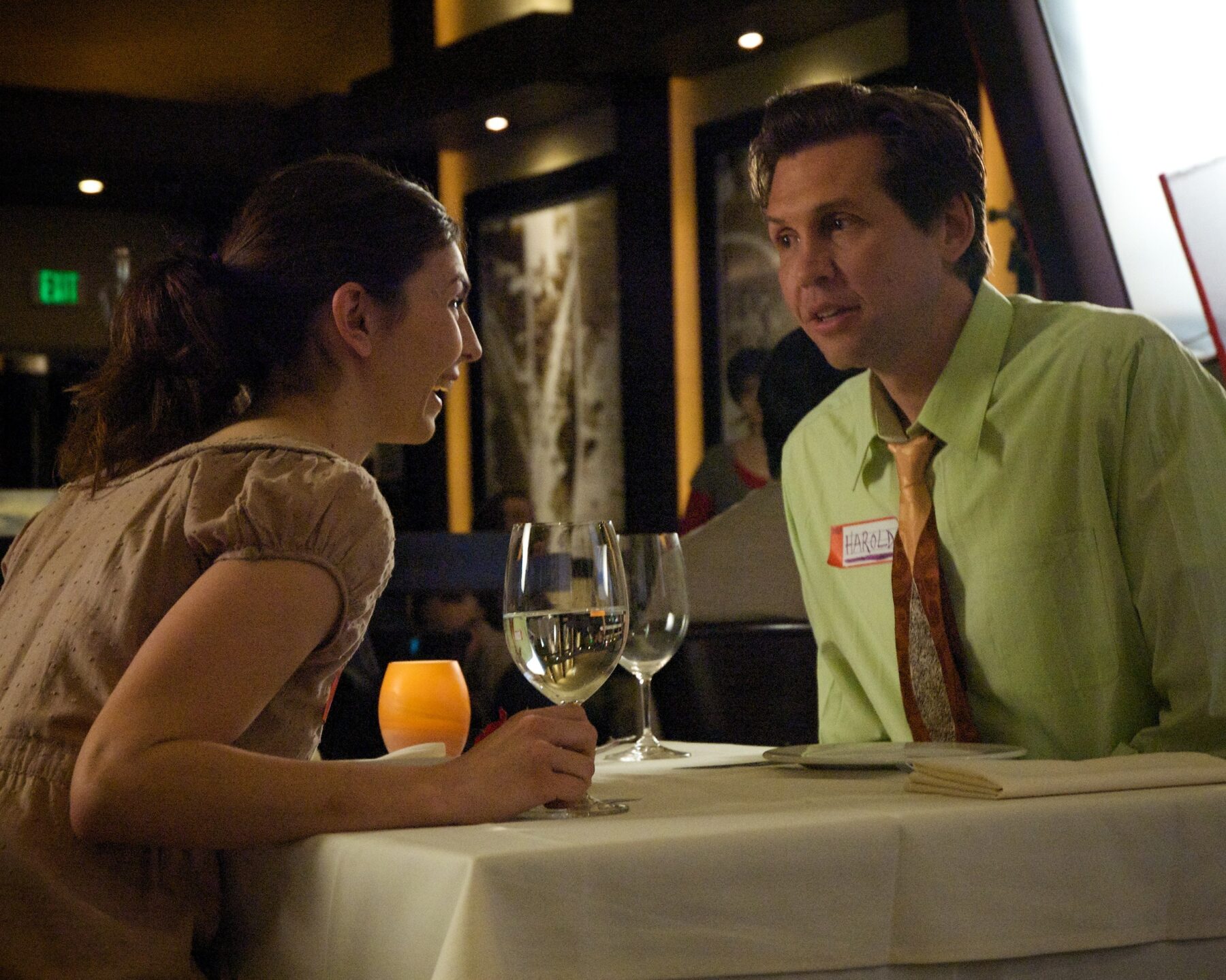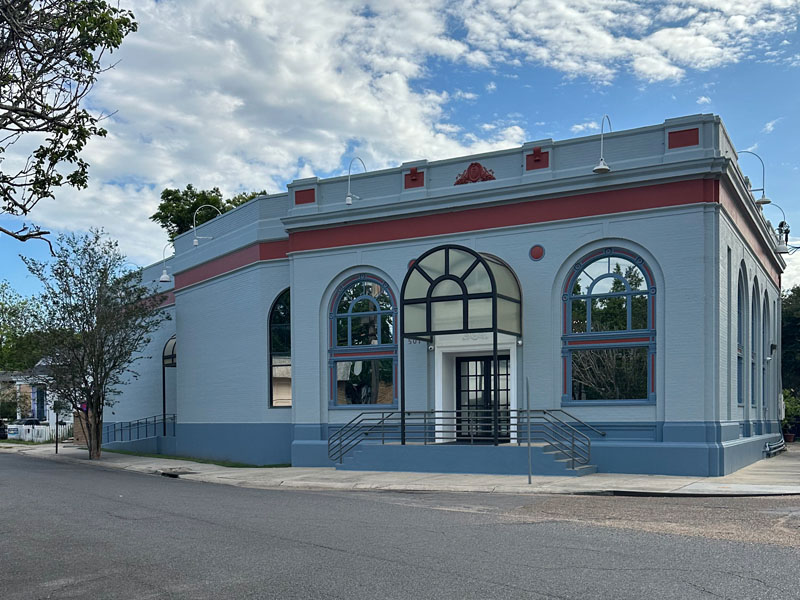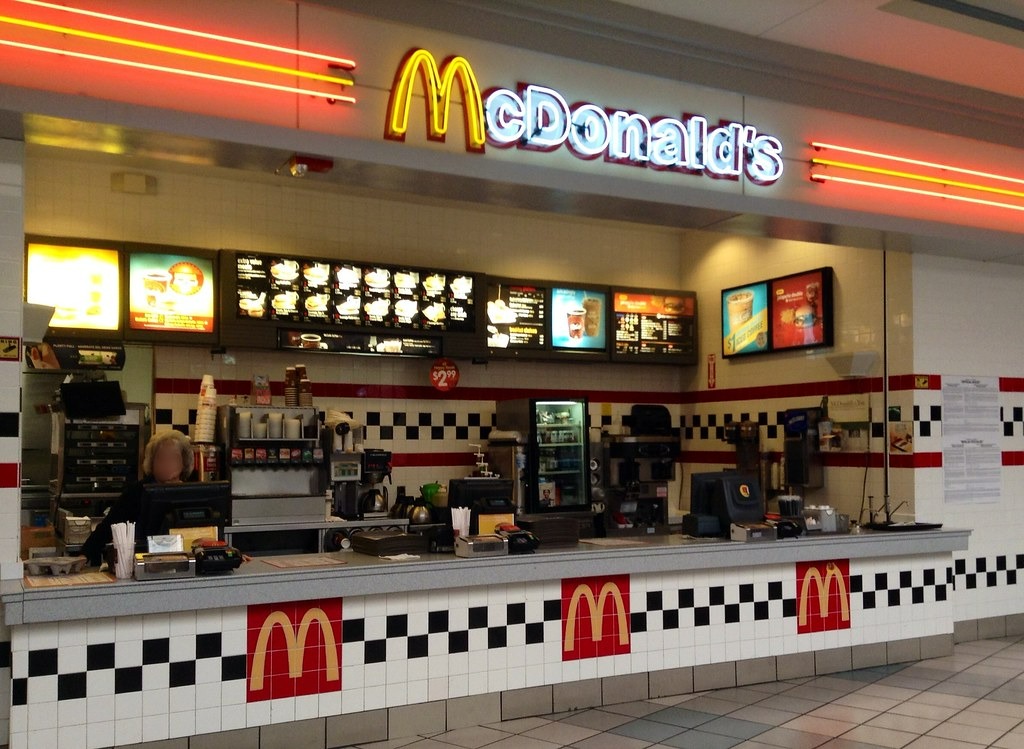The reservation was perfect. The lighting intimate. The wine list curated by a sommelier who understood “romance.” Yet somehow, between the amuse-bouche and dessert, Sarah realized her marriage wasn’t salvageable—it was performing. While 83% of couples with regular date nights report higher marital satisfaction according to the National Marriage Project, that statistic masks a darker truth: orchestrated romance often exposes the very incompatibilities it promises to heal.
When Perfect Ambiance Exposes Perfect Problems
Restaurant marketing promises relationship repair, but intimate settings often amplify existing tensions.
Restaurants peddle “date night packages” like relationship therapy with tablecloths. Prix fixe menus promise to “rekindle romance.” Wine pairings supposedly unlock deeper connection. The hospitality industry has monetized marital maintenance, creating a multi-billion dollar expectation economy that places enormous pressure on women to orchestrate these experiences perfectly.
But here’s what the marketing doesn’t mention: when you’re already struggling, candlelit conversations become interrogations. Sharing plates highlights how little you actually share. The couple at the next table posting Instagram stories of their “perfect night” makes your stilted small talk feel pathetic.
Women especially bear this emotional labor burden—feeling responsible for creating magic from venue selection to conversation flow.
What the Industry Won’t Tell You
High-pressure dining experiences often worsen the underlying issues they claim to solve.
Relationship research consistently shows you can’t manufacture intimacy with a tasting menu. Date nights work when marriages are fundamentally solid—they’re maintenance, not repair. When compatibility gaps exist, restaurant settings become stages where these differences perform for an audience.
Consider the cascade of revelations that emerge:
- He orders without asking your preference (control issues)
- She critiques every dish (anxiety masquerading as sophistication)
- Neither of you can sustain conversation beyond logistics (emotional distance)
The very intimacy these venues promise creates space for uncomfortable truths to surface.
Social media compounds the damage. Couples compare their real struggles to others’ curated highlights, creating additional pressure to perform happiness. Women often internalize this failure—if the “perfect” restaurant experience didn’t work, something must be wrong with them, not the premise.
The most successful couples abandon performance dining altogether:
- Coffee shop conversations
- Food truck adventures
- Cooking together at home
Real connection emerges from laughter and genuine curiosity, not from trying to live up to some restaurateur’s vision of romance.


















